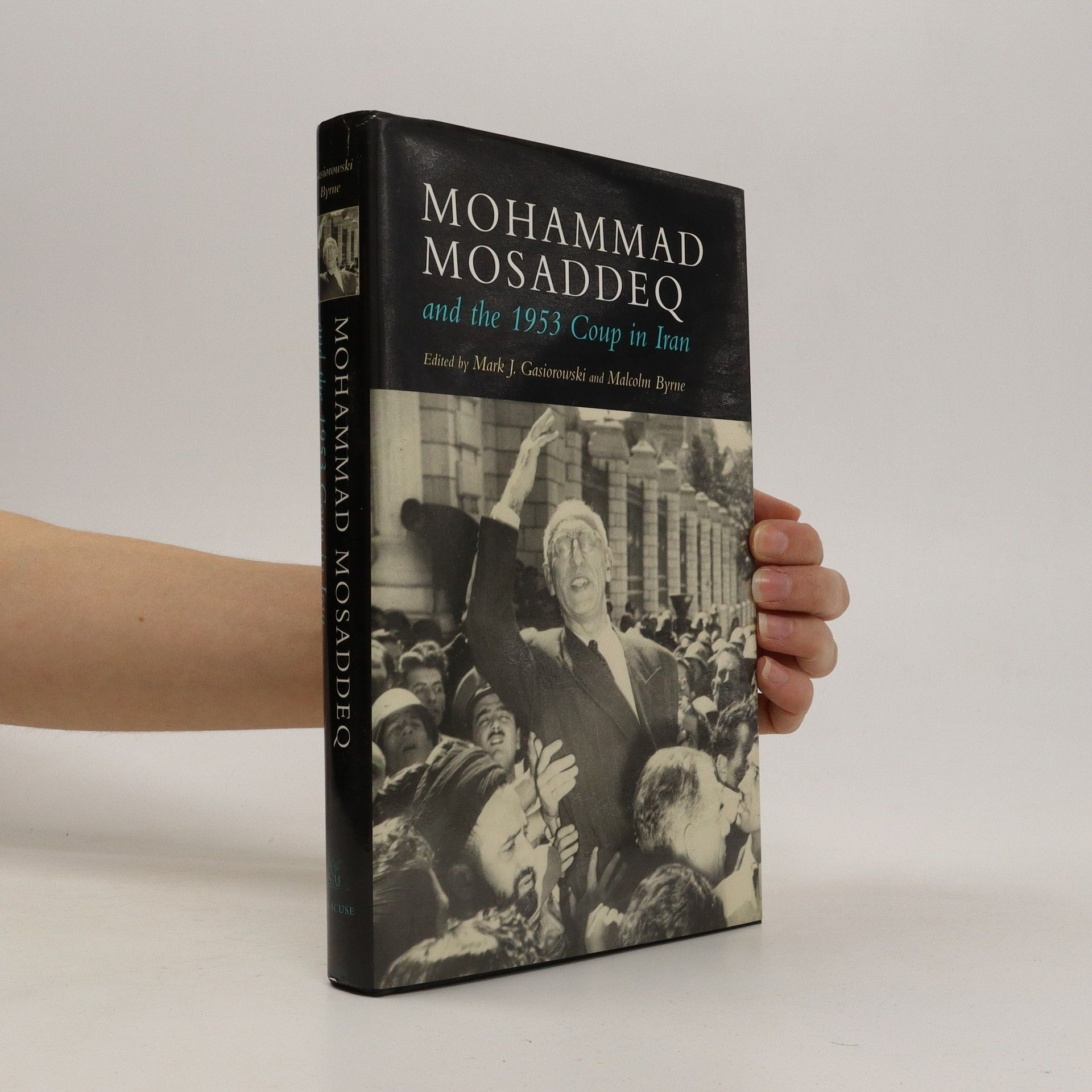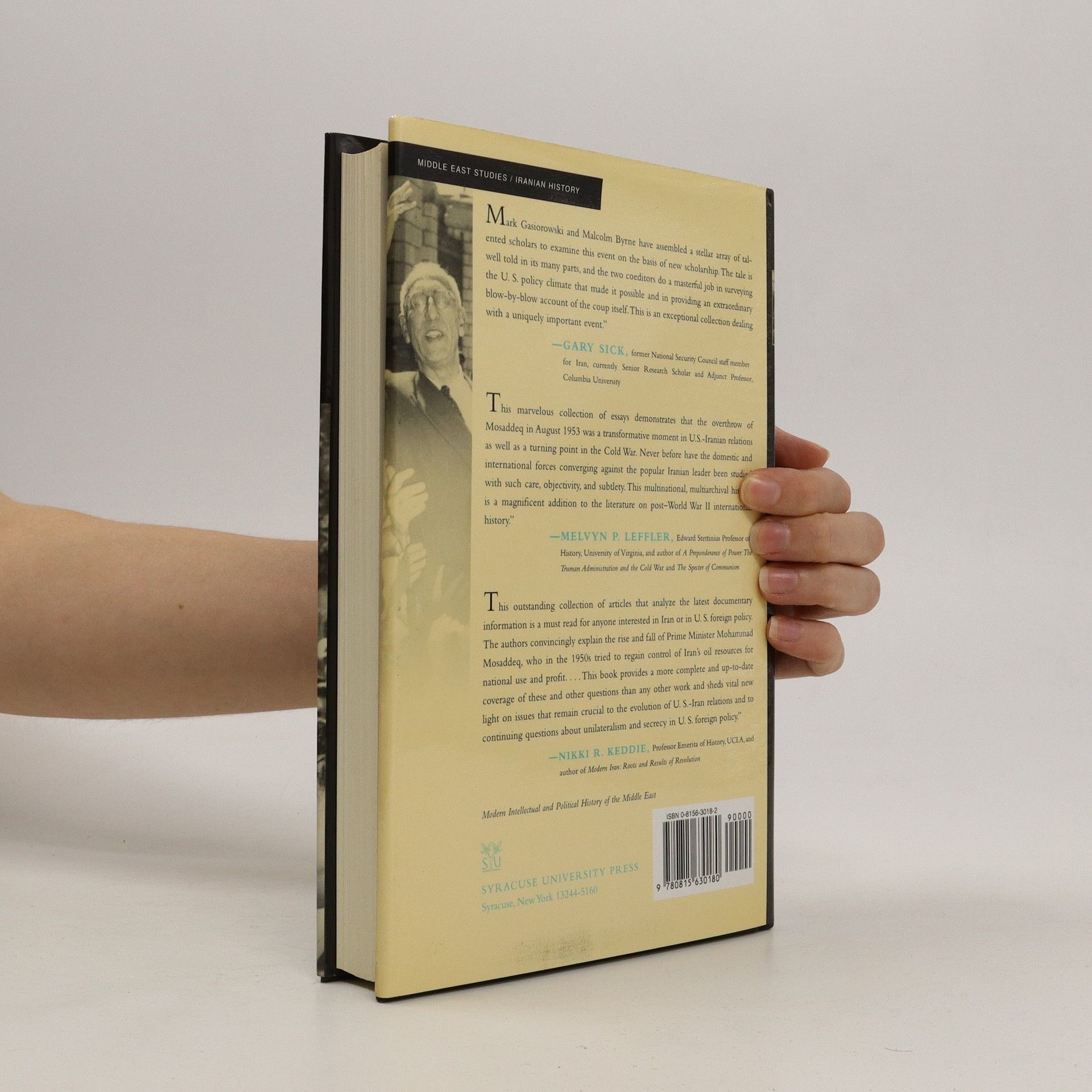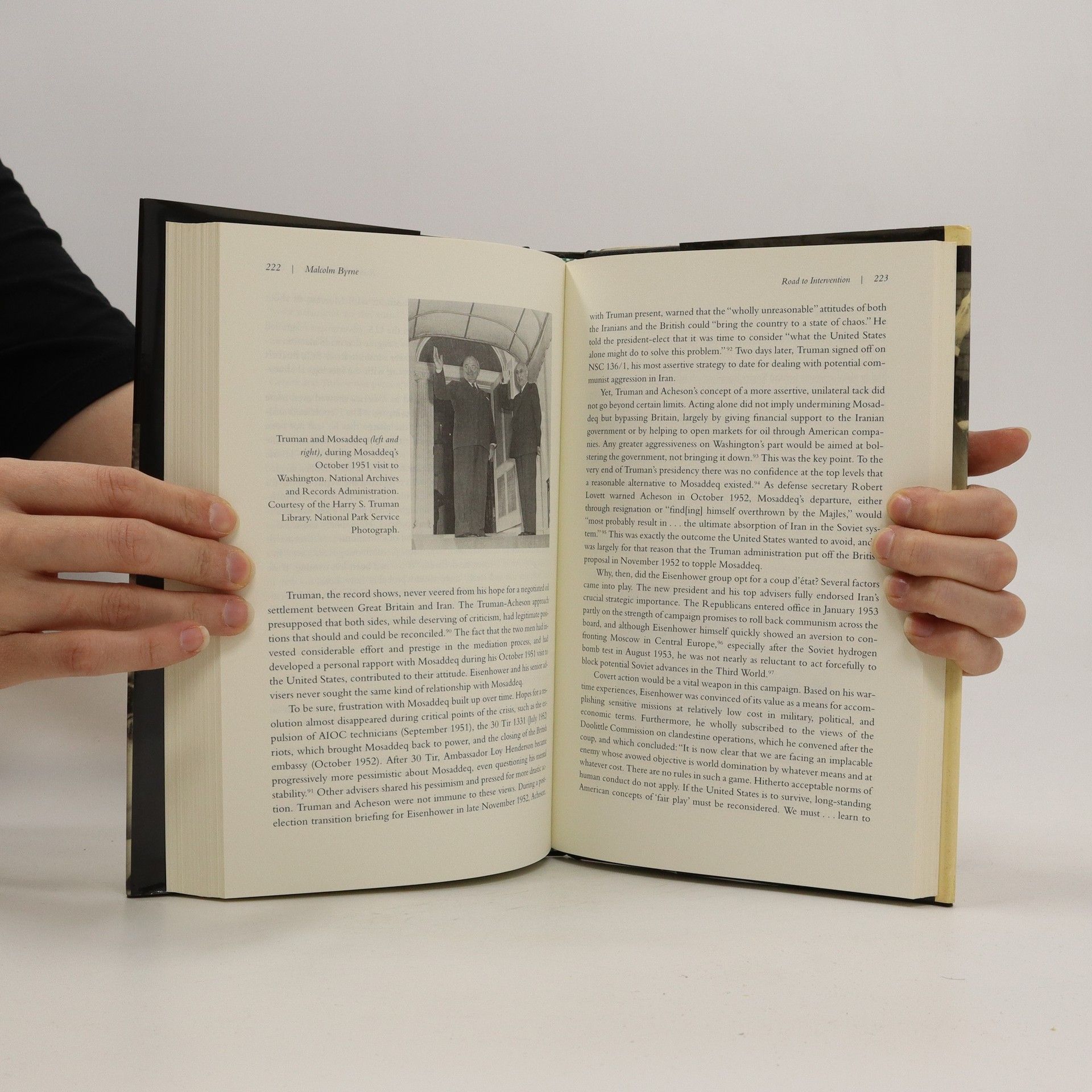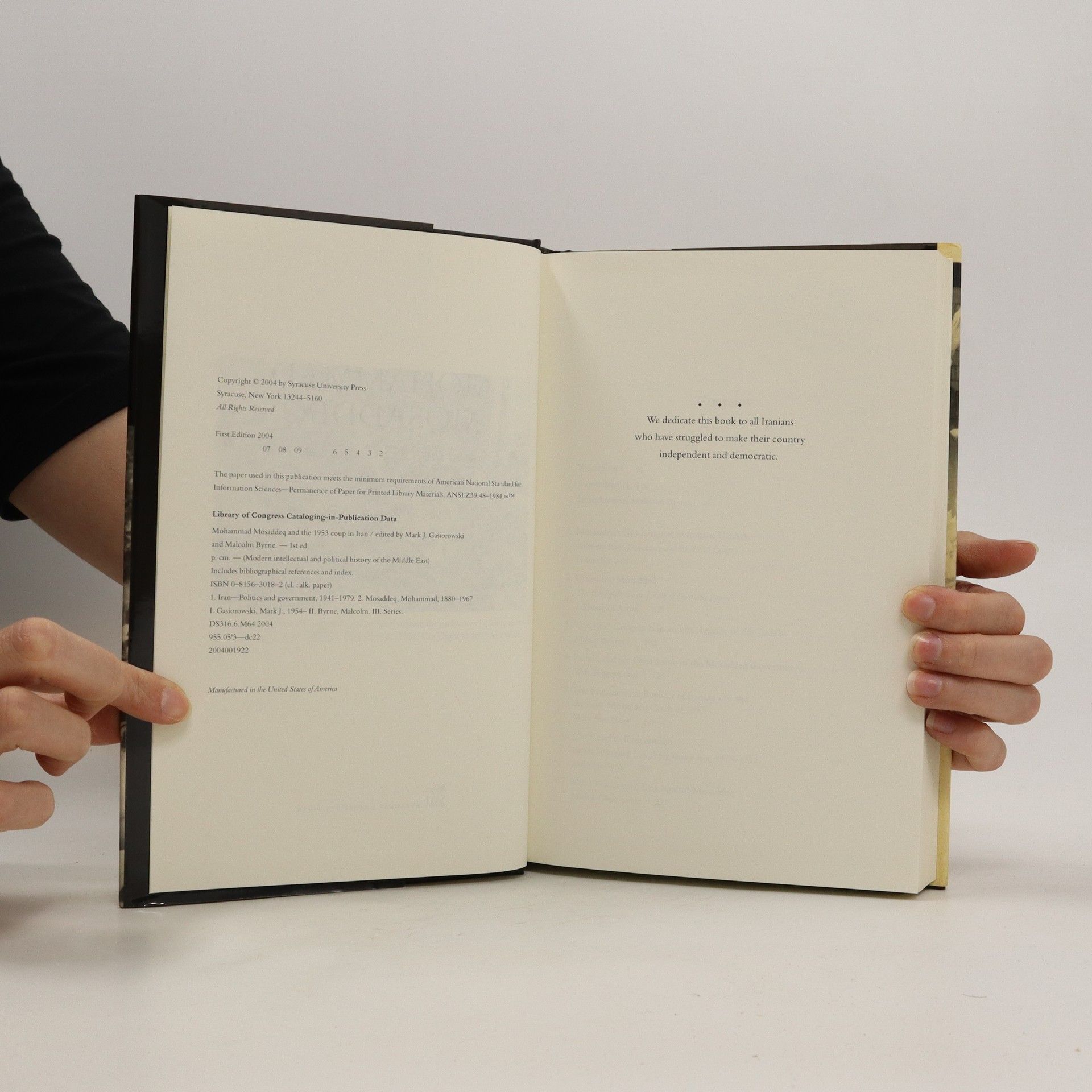Parametry
Více o knize
Mohammad Mosaddeq is widely regarded as the leading champion of secular democracy and resistance to foreign domination in Iran's modern history. Mosaddeq became prime minister of Iran in May 1951 and promptly nationalized its British-controlled oil industry, initiating a bitter confrontation between Iraq and Britain that increasingly undermined Mossaddeq's position. He was finally overthrown in August 1953 in a coup d'etat that was organized and led by the United States Central Intelligence Agency. This coup initiated a twenty-five-year period of dictatorship in Iran, leaving many Iranians resentful of the U.S. legacies that still haunt relations between the two countries today. Contents include: "Mosaddeq's Government in Iranian History: Arbitrary Rule, Democracy, and the 1953 Coup" - Homa Katouzian; "Unseating Mosaddeq: The Configuration and Role of Domestic Forces" - Fakhreddin Azimi; "The 1953 Coup in Iran and the Legacy of the Tudeh" - Maziar Behrooz; "Great Britain and the Intervention in Iran, 1953" - Wm. Roger Louis; "The International Boycott of Iranian Oil and the Anti-Mossaddeq Coup of 1953" - Mary Ann Heiss; "The Road to Intervention: Factors Influencing U.S. Policy Toward Iran, 1945-1953" - Malcolm Byrne; "The 1953 Coup d'etat Against Mosaddeq" - Mark J. Gasiorowski
Nákup knihy
Mohammad Mosaddeq and the 1953 Coup in Iran, Mark J. Gasiorowski, Malcolm Byrne
- Jazyk
- Rok vydání
- 2004
Doručení
Platební metody
Navrhnout úpravu
- Titul
- Mohammad Mosaddeq and the 1953 Coup in Iran
- Jazyk
- anglicky
- Autoři
- Mark J. Gasiorowski, Malcolm Byrne
- Vydavatel
- Syracuse University Press
- Vydavatel
- 2004
- Vazba
- pevná s přebalem
- ISBN10
- 0815630182
- ISBN13
- 9780815630180
- Kategorie
- Dějiny / Historie, Životopisy / Biografie
- Anotace
- Mohammad Mosaddeq is widely regarded as the leading champion of secular democracy and resistance to foreign domination in Iran's modern history. Mosaddeq became prime minister of Iran in May 1951 and promptly nationalized its British-controlled oil industry, initiating a bitter confrontation between Iraq and Britain that increasingly undermined Mossaddeq's position. He was finally overthrown in August 1953 in a coup d'etat that was organized and led by the United States Central Intelligence Agency. This coup initiated a twenty-five-year period of dictatorship in Iran, leaving many Iranians resentful of the U.S. legacies that still haunt relations between the two countries today. Contents include: "Mosaddeq's Government in Iranian History: Arbitrary Rule, Democracy, and the 1953 Coup" - Homa Katouzian; "Unseating Mosaddeq: The Configuration and Role of Domestic Forces" - Fakhreddin Azimi; "The 1953 Coup in Iran and the Legacy of the Tudeh" - Maziar Behrooz; "Great Britain and the Intervention in Iran, 1953" - Wm. Roger Louis; "The International Boycott of Iranian Oil and the Anti-Mossaddeq Coup of 1953" - Mary Ann Heiss; "The Road to Intervention: Factors Influencing U.S. Policy Toward Iran, 1945-1953" - Malcolm Byrne; "The 1953 Coup d'etat Against Mosaddeq" - Mark J. Gasiorowski



